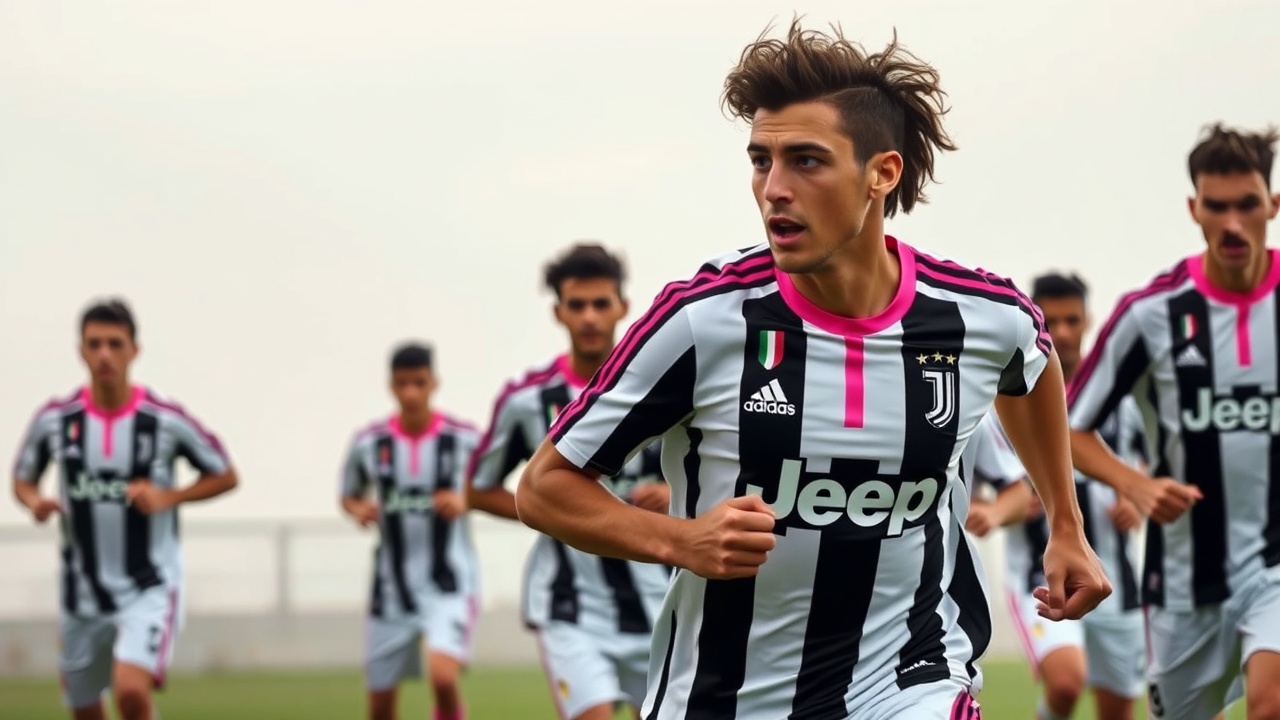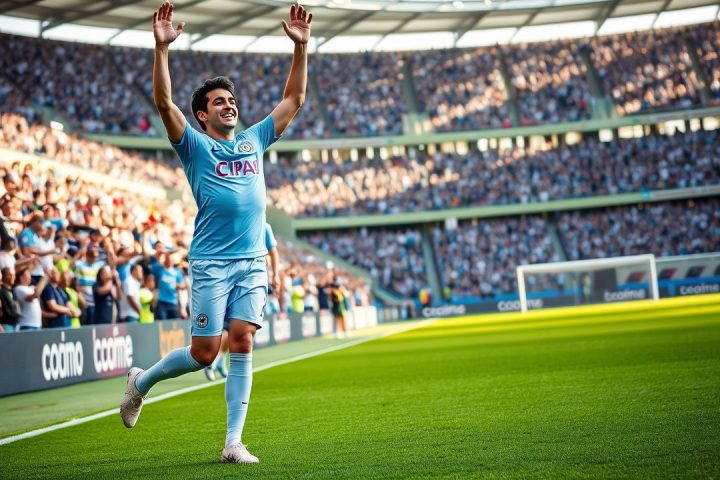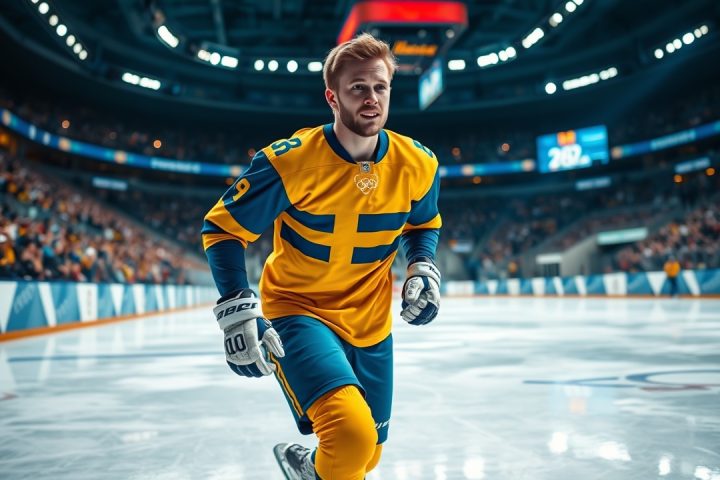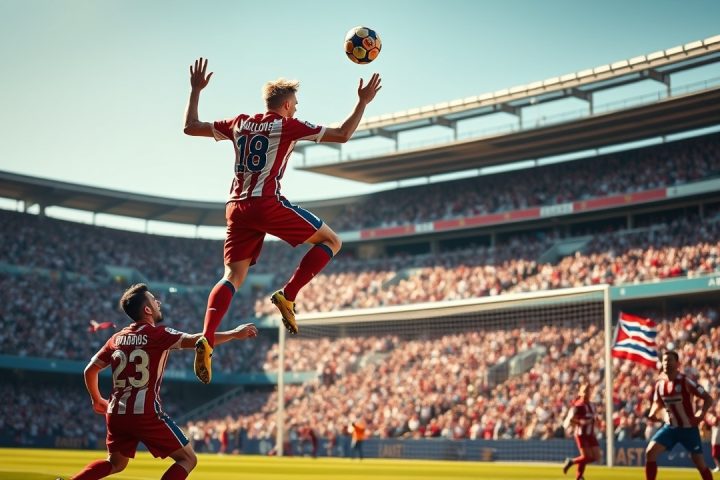Juventus: A Club in Transition
Despite experiencing a challenging period, Juventus, a club with a storied history and 36 Serie A titles, has shown signs of improvement under the guidance of Igor Tudor, who took over as head coach in March. Although they are not leading contenders in the upcoming Club World Cup this summer, Tudor’s appointment has brought greater coherence to the team following the disappointing tenure of Thiago Motta, who was dismissed after just seven months.
Under Motta, the club’s performance plummeted, culminating in a lackluster fourth-place finish, which landed them one of the last spots for Champions League qualification. This outcome, coupled with the departure of managing director Cristiano Giuntoli, characterized Juventus’s underwhelming efforts, particularly given their significant investment of around €250 million on players last summer.
Concerns Over Title Drought
It has now been five years since Juventus lifted the Serie A trophy, raising concerns that they might replicate a previous bleak period when they went nine years without a title during the late 1980s into the early 90s. The team currently ranks as the eighth-best eligible squad in UEFA rankings, and a surprising twist occurred in the 2024 Champions League when Barcelona eliminated Napoli in the round of 16, inadvertently assisting Juventus’s movement in the rankings, especially since Napoli’s owner voiced frustration over the situation amid Juventus’s one-year ban from European football.
Coaching Changes and Player Performance
Motta’s coaching style was criticized for failing to generate the exciting, fluid football the club is known for, ending with Juventus tying 16 league matches—one of the highest in Europe’s top leagues, alongside Spain’s Osasuna. Under Tudor, however, Juventus has adopted a more dynamic and aggressive approach, reminiscent of the successful strategy he used at Hellas Verona. Tudor, a former Juventus player himself, is tasked with revitalizing the club’s on-field identity, having previously served as assistant coach to Andrea Pirlo and demonstrating his coaching acumen in other European clubs like Marseille and Lazio.
One of the key players, Gleison Bremer, remains underappreciated despite being one of the top center-backs in Serie A, suffering a significant injury that impaired the team’s coherence early in the season. Other high-profile athletes like Dusan Vlahovic and Nico Gonzalez have been unable to perform to their optimum levels; however, Khephren Thuram, whose father is Juventus legend Lilian, is a player to watch, having made a notable impact in his debut Serie A year.
Commitment to Youth Development
Juventus has also invested in its youth pipeline with the Next Gen team, which plays in Italy’s third division. Even with the controversial sales of promising talents like Dean Huijsen and Matias Soule by former director Giuntoli, the club’s commitment to youth is exemplified by Kenan Yildiz, the 20-year-old standout who wears the esteemed No 10 jersey.
Heritage and Rivalry
The identity and rivalry of Juventus with clubs like Inter is steeped in history. Despite many hardships, the passion and legacy associated with Juventus, from its inception in pink jerseys to the iconic black and white stripes introduced in 1903, remain a source of pride. Their upcoming appearance at the Club World Cup, featuring a modern take that incorporates pink, is a nod to their rich heritage while aiming squarely at future acclaim.




